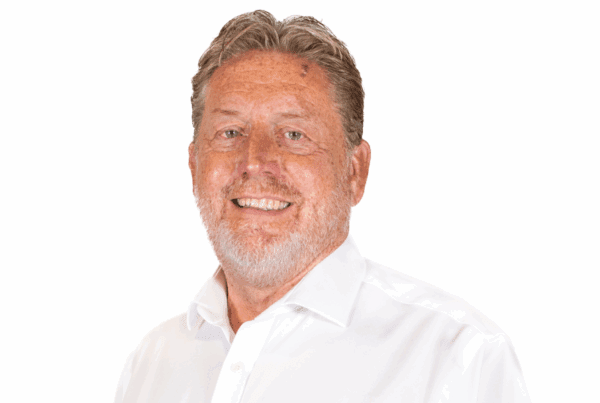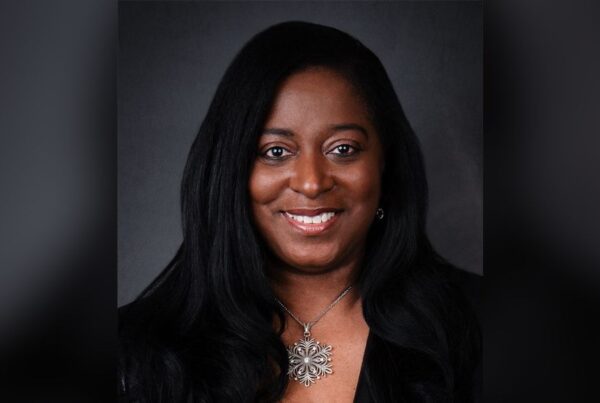
“We develop evidence on five reasons for this large shift: better-than-expected WFH experiences, new investments in physical and human capital that enable WFH, greatly diminished stigma associated with WFH, lingering concerns about crowds and contagion risks, and a pandemic-driven surge in technological innovations that support WFH,” they said.
Another recent study, however, found that the WFH productivity boom of the pandemic also has a “human cost”. The downside? High productivity has left people feeling exhausted at the end of their workday.
Meanwhile, the social isolation remote workers feel has also affected how they collaborate and innovate with their teams and grow their personal and professional network. These, in effect, have been shown to undo any productivity gains that companies have seen in the past year.
Even top organisations have their own ideas of what the workforce of the future would look like and how post-COVID work trends would come to reshape their corporate culture. On one end of the spectrum, companies like Twitter and Facebook appear to be more open to the idea of remote work becoming a permanent option even after the global crisis wanes.
Somewhere in the middle, the likes of Google, Apple and Microsoft are leaning towards reopening offices soon and introducing hybrid work arrangements. On the far end, big banks such as Goldman Sachs plan to reverse course and “correct [the effects of WFH] as quickly as possible”.
“Over the past year, no area has undergone more rapid transformation than the way we work,” shared Microsoft CEO Satya Nadella, whose own company is advocating for flexible or hybrid working.
“Employee expectations are changing, and we will need to define productivity much more broadly – inclusive of collaboration, learning and well-being, to drive career advancement for every worker, including frontline and knowledge workers, as well as for new graduates and those who are in the workforce today. All this needs to be done with flexibility in when, where, and how people work,” he said.




